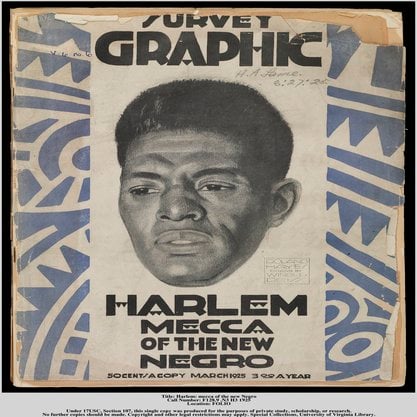Article
The Objectivists By Jaussen, Paul
Article
The Objectivist poets were a group of first- and second-generation modernist writers who emerged in the USA during the 1930s. The writers most commonly associated with the movement are Louis Zukofsky (who first used the term ‘objectivist’ to describe poetry), Charles Reznikoff, George Oppen, Charles Rakosi, the British poet Basil Bunting, and Lorine Niedecker (other poets, such as William Carlos Williams, however, were published under the banner of ‘objectivist’). Most objectivist writing was characterized by an attention to specific particulars and the belief that poems could be material or social objects. Beyond these broad tendencies, however, each writer associated with the movement offered different definitions of ‘objectivist,’ and developed divergent writing practices. Consequently, the term has historical, critical, and evolutionary implications, referring both to specific literary publications, a core of poets whose relationships and affinities continued beyond the early 1930s, and the many subsequent attempts by poets and critics to use ‘objectivist’ as a critical concept.


